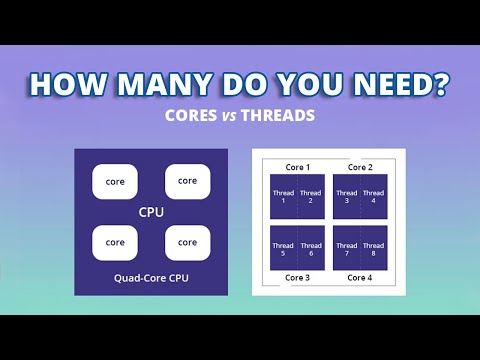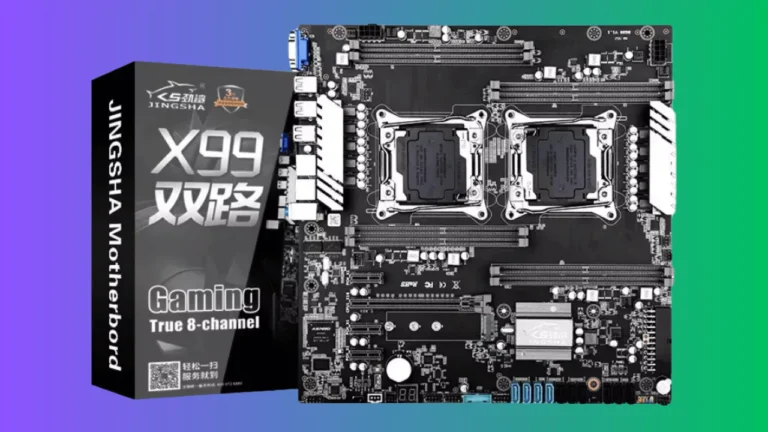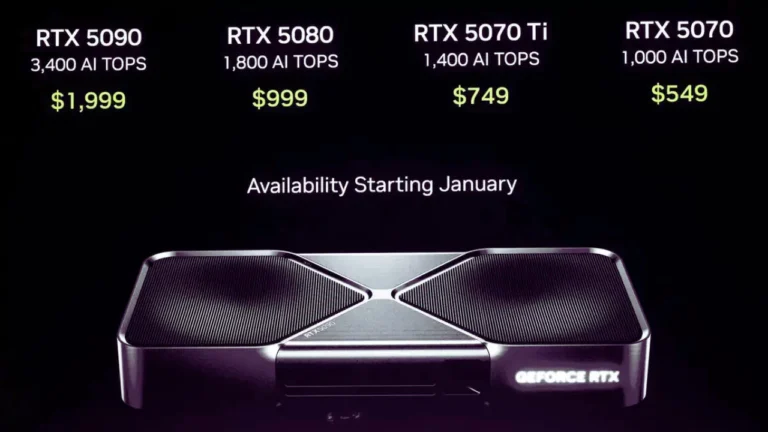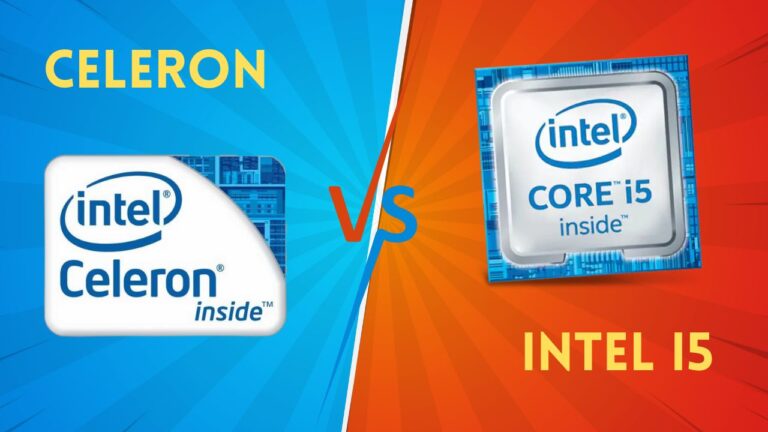To optimize your gaming performance, it’s best to have at least 6 CPU cores, with 4 allocated for gaming and 2 for non-gaming tasks. While 4-core CPUs can function, they may not be efficient in multitasking. For future-proofing your system, having 8 cores is beneficial.
Ever wonder what it takes to get the best gaming experience? Keeping your PC modern can be a task. This blog has the answers – how many cores do you need for gaming? Discover them here!
What Does Core Count Mean for Gaming?
When it comes to gaming, the number of cores in your processor matters a lot. Typically, high-performance gaming computers have more cores. Yet, there are other factors to look at. If you’re getting a gaming tower or laptop, think about the processor’s speed (GHz) and type (dual-core or quad-core). Most importantly, what’s the core count? That’s how many processing units are on the chip. Manufacturers can arrange multiple processors on a single chip – multi-socket motherboards and multiple CPUs.
For complex games, the core count makes a difference. But, it’s hard to say exactly how many cores you need without considering the PC hardware configuration. A rule of thumb: 4 cores should be enough for simpler games (e.g. League of Legends, World of Warcraft). For highly intensive titles like Grand Theft Auto V, aim for 8 cores or more to get high frame rates and graphical fidelity settings.
Single Core Performance and Its Impact on Gaming
When it comes to gaming, the core count is important. But one element that is often forgotten is single-core performance.
Single-core performance is how fast a processor executes instructions on one core rather than multiple cores. This means how well a processor can handle tasks like games or applications across just one core.
For gaming, good single-core performance is key. Because modern games use this type of power more than multi-core processing for smooth gameplay.
More cores give better performance for tasks that use resources in parallel. But for gaming, a processor with good single-core speeds is best for better frame rates. So don’t just look at the number of cores – make sure it has good single-core processing power too!
Multi-Core Performance and Its Impact on Gaming
When selecting a processor for gaming, the number of cores is important. All processors provide some performance, but the ones with more cores offer an advantage in certain games.
Multi-core processors let games use all the available processing power. Games with multi-core optimization do better than single-core systems. This is especially true in big, demanding environments with high frame rates.
It’s important to consider other specs like clock speed, memory size, and architecture. More cores alone don’t guarantee great performance. But with more cores, you get more computing power. This means faster load times and better graphics without dropping frames or lagging.
Quad-core processors should be enough for today’s games at max settings. Six or eight cores give you better performance. You’ll need eight or sixteen cores if streaming gameplay. That requires beefier specs than just playing.
The Pros and Cons of Higher Core Counts in Gaming
Do more cores equal more performance when it comes to online gaming? AMD’s Ryzen processors make this question even more pertinent. To help you decide how many cores you need for gaming, here are the pros and cons:
- Pros:
- Better frame rates & smooth gameplay
- Multi-tasking without sacrificing performance
- Faster background tasks during gameplay
- Cons:
- Expensive – more cores mean a bigger cost
- Heat output can cause thermal throttling
- Might not be enough with a mid-range GPU
How Many Cores Do You Need for Gaming?
Gamers want their computers to be as powerful as possible. CPU cores are major for gaming performance. How many cores do you need for smooth gaming?
Most PCs use quad-core processors (4 cores). But there are CPUs with up to 8, 10, or 16 cores. More cores can help with multiple tasks. Does more mean better when it comes to gaming?
Usually, 4 cores are fine. Some games need 6 or 8-core CPUs. However, if playing casual or indie-style games, the difference between 4 and 6/8 core processors won’t be noticed.
It depends on the type of game and settings. If multiple apps run in the background, more CPUs can help manage them. Plus, multi-threaded CPUs can offer improved performance with less power consumption. If portability is important, opt for a processor with fewer physical cores but higher clock speeds.
What Kind of Games Benefit from Higher Core Counts?
When it comes to gaming performance, the graphics card is usually the most important factor. However, for games with CPU-intensive tasks, higher core counts help provide a better gaming experience.
Triple-A titles or open-world games require processing power from all components in the PC – including the CPU. Choosing a processor with a higher core count helps ensure maximum performance.
On the other hand, if you’re playing low-end or indie titles and esports, then those additional cores may not be necessary. For example, an 8-core processor is likely sufficient for League of Legends or DOTA 2. Whereas, Witcher 3 may benefit from an even higher core count due to its high CPU load and intensity.
What Kind of Games Doesn’t Benefit from Higher Core Counts?
Many assume more cores in a processor always give a better in-game performance. This is true for some games, but not for others. For example, 2D side-scrollers, puzzle games, or card/board games won’t benefit much from extra cores. But, these games may still gain a bit from higher core count if they have advanced AI or real-time physics.
If you wish to improve gaming performance on a budget, and your system doesn’t process complex calculations or run modern game engines, investing in additional cores won’t show noticeable results. But, if your gaming setup has enough power for today’s titles, more cores can help to maximize performance.
Conclusion
Choosing how many cores are best for gaming is tricky. CPUs with higher core counts often cost more. Knowing your budget and which games you plan to play can help decide the type and number of cores. Generally, 4 cores should do for most games. For graphically intense games, 8 cores are desired. Pay attention to other hardware like RAM, graphics cards, and hard drives too. Striking the balance between power and cost is key for deciding how many CPU cores your gaming setup needs.








